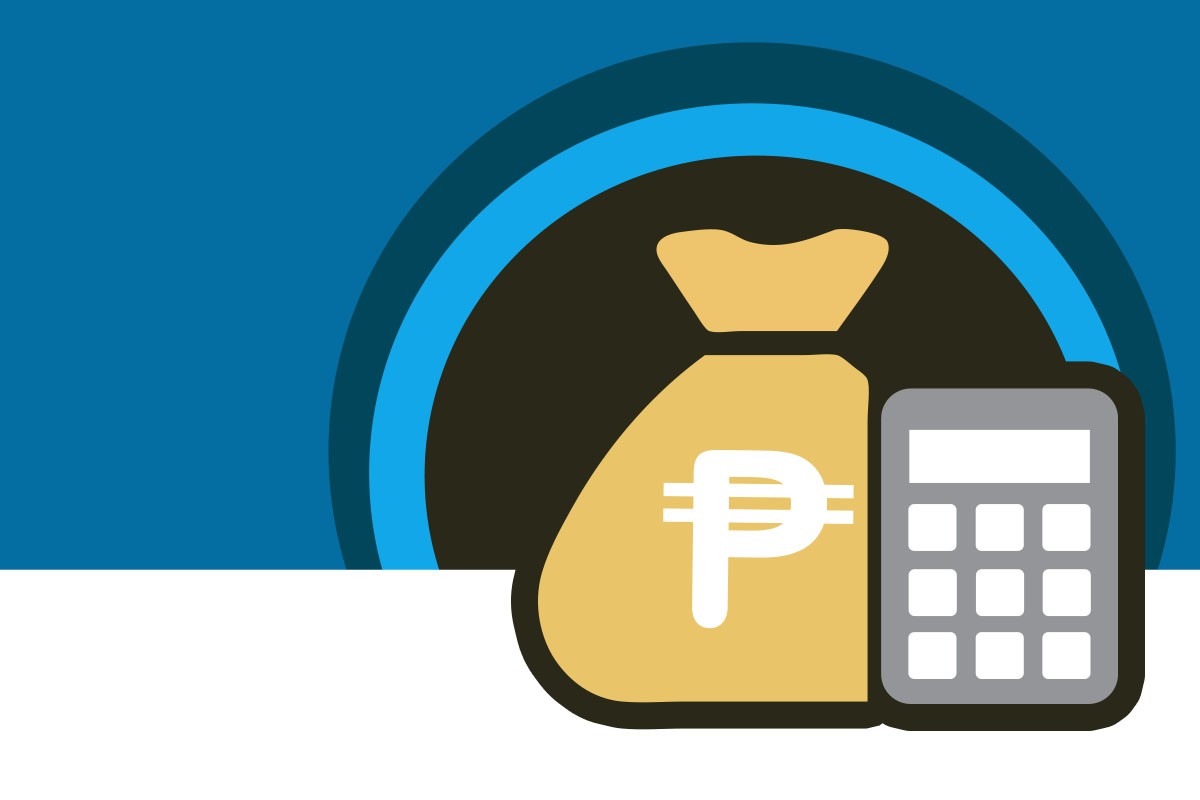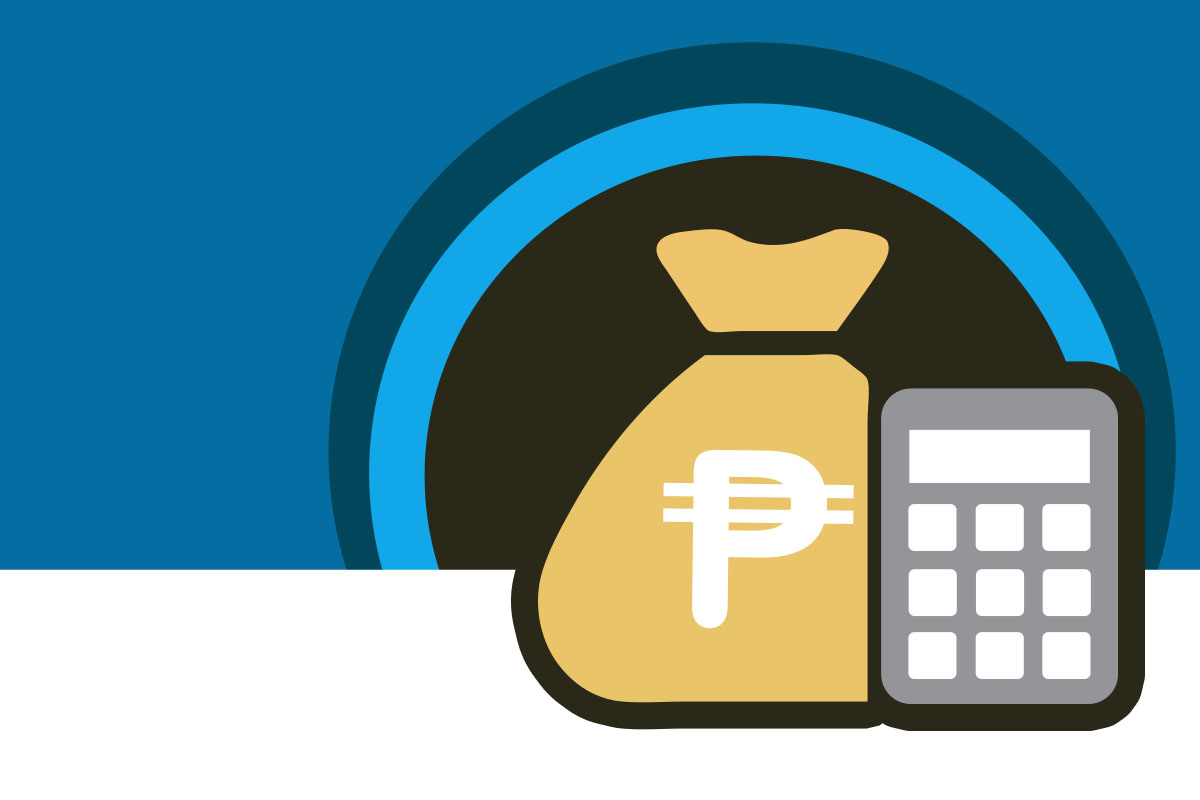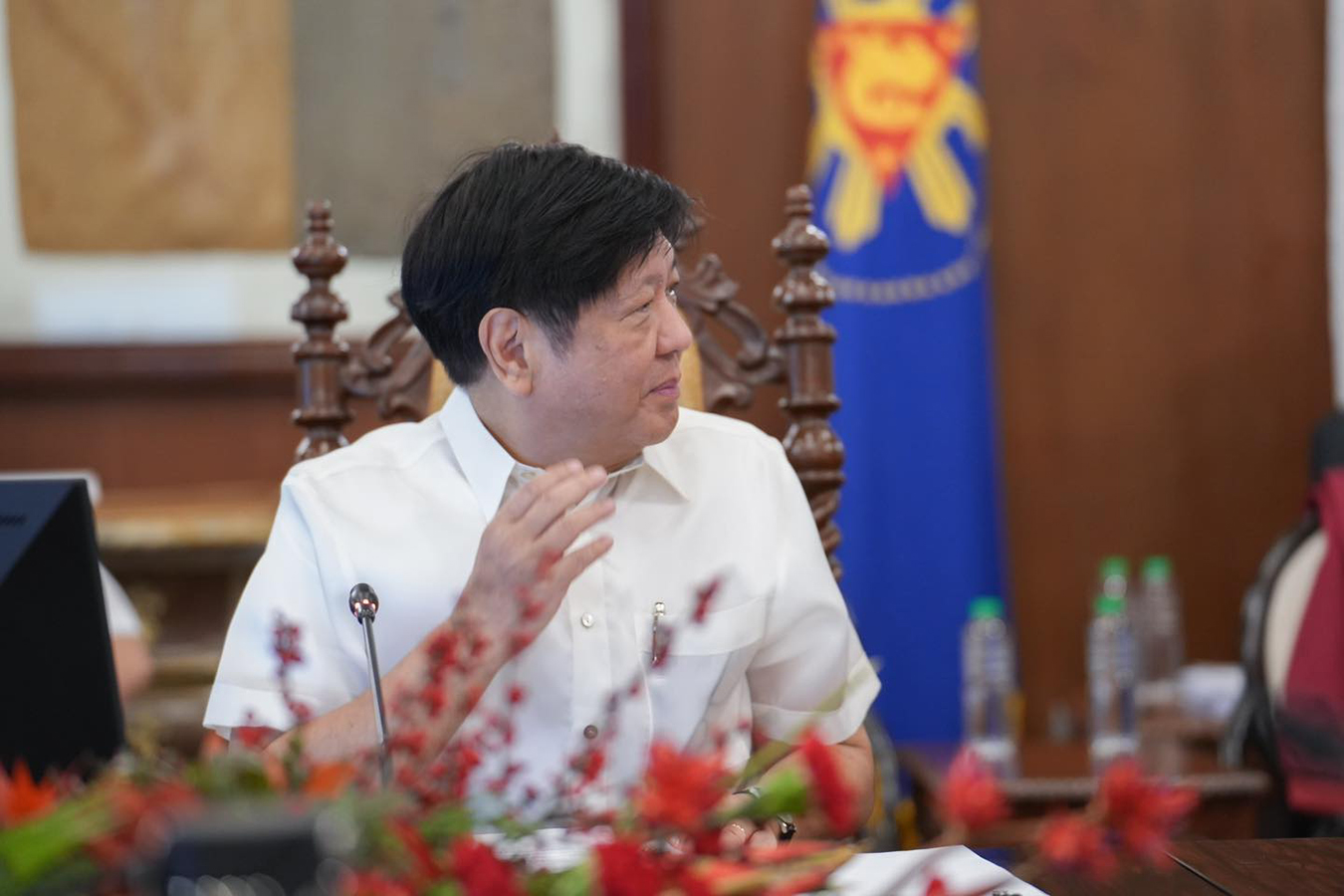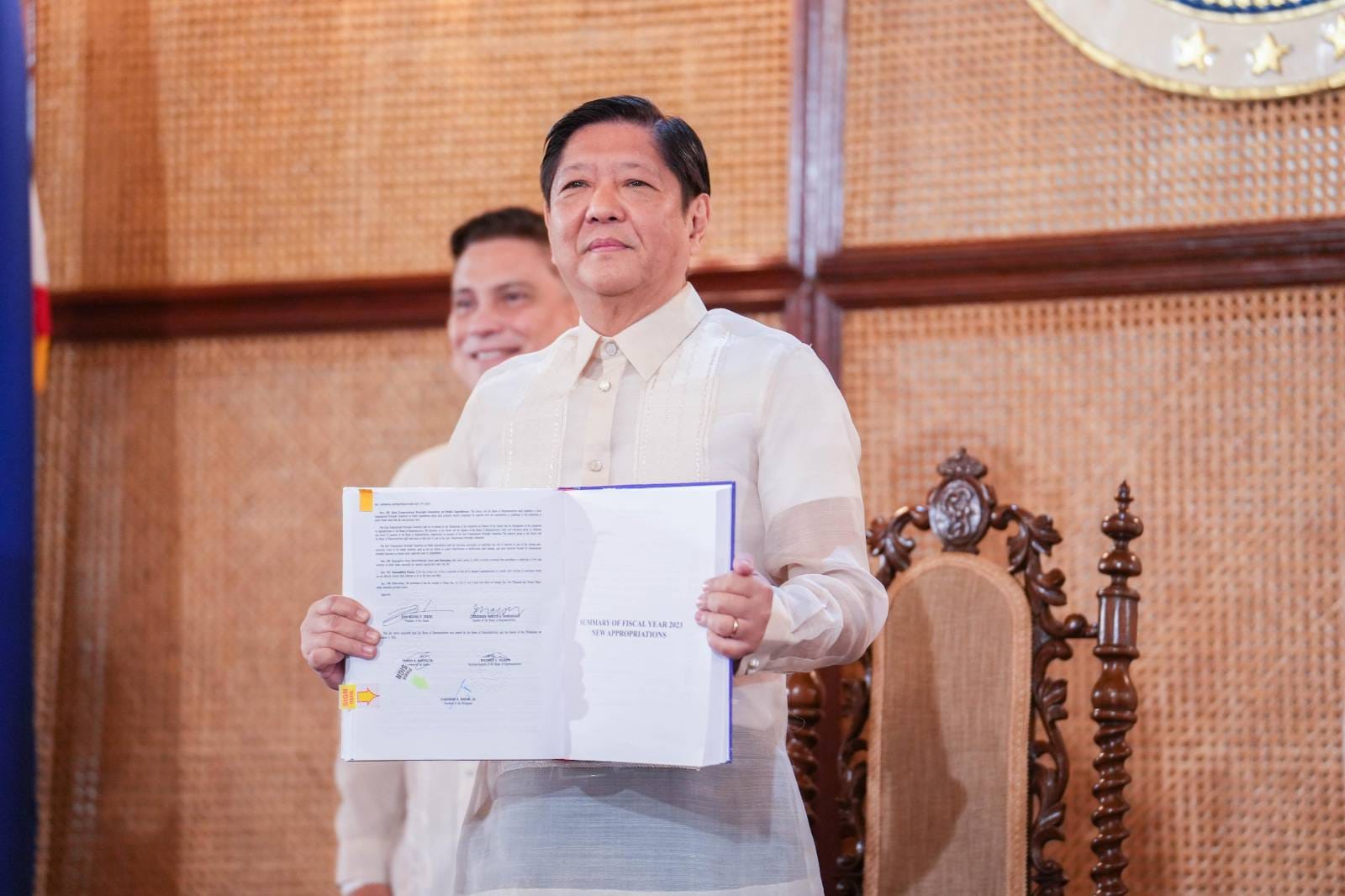MANILA -- The spending priorities of the Marcos Jr. administration’s first National Budget for the incoming year 2023, amounting to Php5.268 trillion, is the starting point of the 8-Point Socioeconomic Agenda in the near team.
This aims to address the immediate concerns of the country, such as inflation, by protecting the purchasing power of families and consumers. The recently-approved national budget also targets to mitigate the socioeconomic scarring brought by the COVID-19 pandemic.
Department of Budget and Management (DBM) Secretary Amenah F. Pangandaman said that the 2023 General Appropriations Act (GAA) remains supportive of the overall goals of the Marcos Jr. administration to reinvigorate job creation and poverty reduction.
“We will do this by steering our economy back to its high-growth trajectory as encapsulated in our Medium-term Fiscal Framework. Of course, we will be needing the consolidated efforts of all sectors to sustain an inclusive and resilient growth in the near term,” Secretary Pangandaman said.
The indicative budgetary allocations under each of the 8-Point Socioeconomic Agenda are as follows:
Food Security
To ensure food security, the agriculture sector shall be supported with a P174.0 billion budget allocation. The highest share will be given to the Department of Agriculture (DA), which will receive P156.6 billion to support its banner programs such as the National Rice, Corn, Livestock and Fisheries Programs.
Improved Transportation
To reduce transport and logistics cost, P976.5 billion shall be allocated to infrastructure development through the “Build, Better, More” Program, with the Department of Public Works and Highways (DPWH) and Department of Transportation (DOTr) receiving P894.2 billion and P82.3 billion, respectively.
Affordable and Clean Energy
To reduce energy cost to families, P10.2 billion shall be invested in renewable energy and alternative fuels. This will particularly support the Department of Energy’s (DOE) commitment to ensure a reliable and secure mix of energy resources through its various programs such as the Renewable Energy Development Program, Energy Efficiency and Conservation Program, and the Alternative Fuels and Technologies Program.
Health Care
To tackle health, a total of P342.4 billion shall be given to advance medical facilities and human capital. In particular, the Department of Health (DOH), including the Philippine Health Insurance Corporation (PHIC), is provided with P314.6 billion for the provision of access to healthcare services through the construction, rehabilitation and upgrading of health facilities, and purchase of medical equipment, as well as the provision for the National Health Insurance Program for social health protection.
Education
In the education sector, P778.6 billion shall be devoted to ensure the safe reopening of schools. This covers the provision for the Department of Education (DepEd) and the Commission on Higher Education (CHED) with P720.4 billion and P31.7 billion, respectively. Meanwhile, the Technical Education and Skills Development Authority (TESDA) is provided with P16.2 billion to support its technical-vocational education and training program.
Social Services
To strengthen social protection, social welfare programs are allocated with P239.1 billion. This includes the allocation for the Department of Social Welfare and Development (DSWD) of around P196.7 billion which will be used to implement its various social assistance programs including the Pantawid Pamilyang Pilipino Program (4Ps), Social Pension for Indigent Senior Citizens, and Protective Services for Individuals and Families in Difficult Circumstances, among others.
Sound Fiscal Management
To ensure the practice of sound fiscal management, a total of P21.6 billion shall be allocated. Specifically, the country’s revenue collecting agencies namely, the Bureau of Internal Revenue (BIR) and the Bureau of Customs (BOC), shall be given budgetary allocations amounting to P13.1 billion and P5.2 billion, respectively, to support the improvement of the country’s revenue collection, through digitalization initiatives.
Meanwhile, the DBM shall be allocated with P1.7 billion to champion the prudent and accountable use of public funds.
Bureaucratic Efficiency
Lastly, to enhance bureaucratic efficiency, P15.6 billion shall be devoted towards efforts to digitalize government process and operations. This will facilitate the transformation and digitalization of the whole-of-government, with the vision of streamlining the bureaucracy – in line with the Marcos Jr. Administration’s thrust for a lean, efficient, and responsive government workforce.
The FY 2023 GAA, which is 4.9% higher than the FY 2022 level, will serve as the roadmap towards robust economic growth and the creation of more quality and green jobs over the next six (6) years. (DBM)





